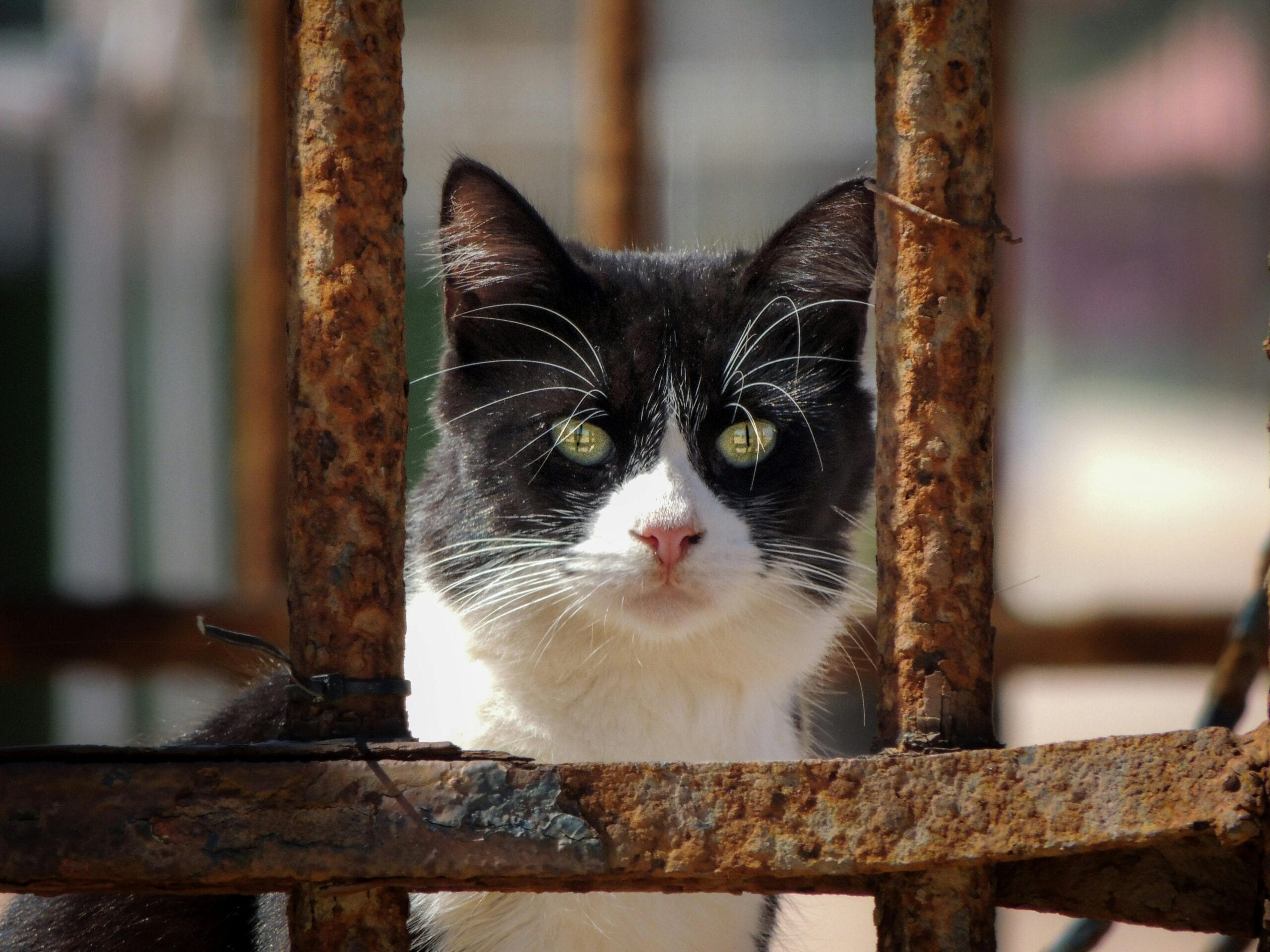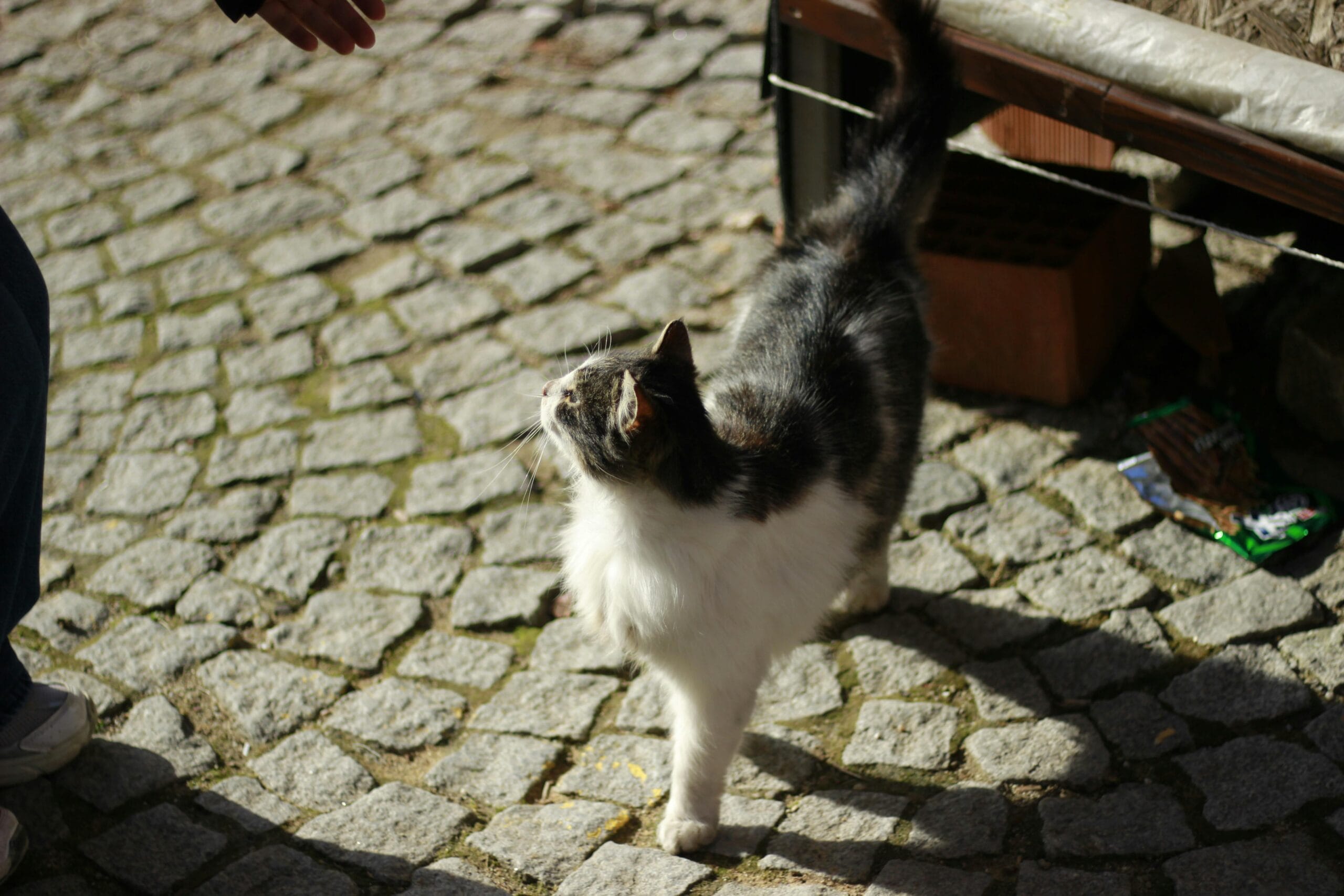Can Cats Taste Spice? Uncover the truth about cat spice sensitivity & discover if your feline friend enjoys spicy food! Learn the surprising answers now. Do Cats Like Spicy Food? Find out!
Can Cats Taste Spice? Unveiling the Feline Palate
The question, “Can cats taste spice?” often sparks curiosity among cat owners. While our feline friends may not experience the fiery heat we humans associate with chili peppers, the reality of their spice sensitivity is more nuanced than a simple yes or no. Understanding their unique taste receptors and potential reactions to various spices is crucial for ensuring their well-being. This comprehensive guide delves into the intricacies of cat spice sensitivity, exploring whether they enjoy or dislike spicy food, and what precautions you should take.
Exploring the Feline Sense of Taste
Unlike humans, cats possess fewer taste buds. They have roughly 473 taste buds compared to our 9,000, meaning their perception of flavors is significantly different. While they can detect sweet, sour, bitter, and salty tastes, their sensitivity to these tastes may also vary. The ability to taste umami (savory) is also present, contributing to their fondness for meat-based foods. However, their capacity to detect the pungent compounds that create “spice” in human cuisine is less well-understood.
It’s important to remember that even though cats can taste some flavors that we find spicy, the effect on their system can be different. For example, while they may taste the compounds that make onions pungent, the effect of onions on their system (due to their toxic properties) is much more serious than the effects of those same compounds on a human. Similarly, understanding the potential effects of other spices is important. If you’re unsure if something is safe for your cat, it’s always best to err on the side of caution and avoid giving it to them entirely.
Do Cats Like Spicy Food? A Closer Look at Cat Spice Sensitivity
The simple answer is: likely not. While cats might detect the presence of certain spicy compounds, the burning sensation and pleasure we associate with spicy food are absent in their experience. Their taste receptors aren’t designed to react to capsaicin, the compound in chili peppers that gives them their heat. Therefore, the question of “Do cats like spicy food?” is usually answered with a resounding no. In fact, the opposite is frequently the case. Spices can irritate their sensitive digestive systems, leading to potential discomfort.
Many spices that we consider flavorful are actually toxic to cats, such as onions and garlic. The consumption of even small amounts can result in severe health issues. So, while the question of whether they “like” it is separate from the potential harm, the potential risk makes it imperative to keep all spices out of your cat’s reach. Even seemingly harmless spices can upset their stomach, leading to vomiting or diarrhea. Providing your cat with healthy food choices, like those with nutritional value and flavor your cat will love, is far more important than any additional flavor spice might add.
The Dangers of Spices for Cats: Understanding Cat Spice Sensitivity
Many spices commonly used in human cooking pose a significant risk to cats. While they might not experience the same “heat,” the chemical compounds in spices can irritate their digestive tracts, causing discomfort and potential health problems. For instance, excessive consumption of certain spices could trigger an allergic reaction in your cat, similar to how some humans have allergic reactions to specific foods. It is vital to ensure that all spices are kept out of their reach to prevent accidental ingestion.
Some spices can have far more serious consequences. Onions and garlic, for example, are incredibly toxic to cats, and even small amounts can cause anemia. If your cat accidentally ingests any spice, it’s essential to contact your veterinarian immediately. If you are considering providing your cat any unusual foods, it may be good to research if that food or drink is safe for them. For example, you might wonder about foods like, can cats eat grapes?, can cats have cherries?, is peppermint oil safe for cats?, can cats have lettuce?, or even can cats have almond milk? Always do your research to ensure the safety of your feline companion.
Safe Alternatives: Providing Flavorful and Nutritious Meals for your Cat
Instead of introducing spices, focus on providing your cat with a balanced and nutritious diet. High-quality commercial cat food formulated to meet their nutritional needs often satisfies their taste buds. You can also add small amounts of cooked, plain meat or fish (no bones or seasonings) to their meals for an extra flavor boost. However, always check with your veterinarian regarding dietary additions for your cat, especially if they have any existing health conditions.
Remember, cats have evolved to be carnivores. Their nutritional needs differ greatly from those of humans, and trying to cater to their taste preferences with human-like seasonings can have negative consequences. A good cat food will have a blend of flavors already, that are better suited to your cat than anything you could add. This way, you can still provide your cat with tasty meals without compromising their health. You can find more information about feeding cats, and providing your cat with a balanced diet from your veterinarian.
Understanding Your Cat’s Preferences: Beyond Spice
While cats can’t taste spice in the same way we do, they still have individual preferences and sensitivities. Observing your cat’s reactions to different foods, and paying attention to their appetite can help you understand their unique dietary needs. If they show signs of digestive upset after consuming a new food, discontinue its use and consult with your veterinarian. If they consistently refuse to eat a particular food, it might be due to its texture, smell, or underlying medical condition.
Understanding feline taste is a complex area. Recent studies have shed more light on the subject, for example you can learn more at PubMed, a great resource for finding credible information on feline nutrition. You could also look at Science Direct for an even deeper dive into the topic.
Conclusion: Prioritizing Safety and Well-being
In conclusion, while the question “Can cats taste spice?” can be answered with a nuanced “yes, but not like humans,” the far more important question is whether spices are safe for them. The answer to that is largely no. Their unique physiology and taste receptors make them vulnerable to the negative effects of many spices. Prioritizing their safety and well-being should always come first. Avoid giving your cat spicy foods or any foods containing spices. Instead, focus on providing a balanced, nutritious diet that satisfies their taste buds and supports their overall health.
Share Your Experiences!
Have you ever observed your cat’s reaction to spices or other unusual foods? Share your experiences and insights in the comments below! Let’s build a community of cat lovers dedicated to ensuring the health and happiness of our feline companions. What are your experiences with cat spice sensitivity? What foods has your cat loved or hated?

Frequently Asked Questions: Can Cats Taste Spice?
- Can cats taste spice?
- While cats possess taste receptors, their sensitivity to spicy foods, specifically capsaicin (the compound in chili peppers that causes spiciness), is significantly lower than humans’. They don’t experience the burning sensation we do. So, the answer is yes, but their experience is drastically different.
- Do cats like spicy food?
- There’s no evidence suggesting cats actively seek out or enjoy spicy food. Their limited ability to taste capsaicin and potential negative reactions to other spices mean they are unlikely to find it palatable. Their preference tends to lie in meaty, savory flavors.
- What is cat spice sensitivity?
- Cat spice sensitivity refers to the limited ability of cats to detect and react to spicy compounds like capsaicin. Unlike humans, they lack the same level of sensitivity to these compounds, meaning they won’t feel the “heat” in the same way.
- Can spicy food harm my cat?
- While the spiciness itself likely won’t harm them, other ingredients in spicy foods can be problematic. Onions, garlic, and some herbs commonly found in spicy dishes are toxic to cats. Avoid feeding them any spicy food.
- How do cats perceive spicy flavors?
- Cats’ perception of “spice” is likely very muted compared to humans. They may detect some difference in taste, but it won’t be the same burning or intense sensation we experience. Their taste buds are primarily tuned to detect amino acids (proteins).
- Is it okay to give my cat a tiny bit of spicy food?
- No. It’s best to avoid giving your cat any spicy food, even small amounts. The risk of harmful ingredients outweighs any potential (and unlikely) positive effects.
- Why don’t cats react to spicy food like humans?
- This difference comes down to their biology and evolutionary history. Their taste receptor profile is different from ours, and they lack the specific receptor for capsaicin that causes the burning sensation in humans.
- Can I use spices in my cat’s food?
- No. Never use spices in your cat’s food. Even seemingly harmless spices can upset their stomach or cause more serious health problems. Stick to cat-specific food formulated to meet their nutritional needs.
- My cat ate something spicy, should I be worried?
- If your cat ingested a small amount of something mildly spicy, it’s probably fine. Monitor them for any signs of digestive upset (vomiting, diarrhea). If they ate a large quantity of something spicy or show any concerning symptoms, consult your veterinarian immediately.
- Are there any spices that are safe for cats?
- Generally speaking, no spices are considered safe for cats to consume regularly. While extremely small amounts of certain spices might not cause immediate harm, it’s best to err on the side of caution and avoid them entirely. Cat Spice Sensitivity isn’t just about spiciness; it’s also about potential toxicity.

Can Cats Taste Spice? A Guide for Cat Owners
Cats have a different sense of taste than humans. While they can detect some flavors, their perception of spice is significantly different. Their taste buds are fewer in number and less sensitive to the pungent compounds that make spices “spicy” to us. This means that the fiery heat of chili peppers or the sharp bite of ginger won’t affect them in the same way it affects humans. However, this doesn’t mean spices are entirely harmless.
While your cat might not experience the burning sensation we do from spicy food, ingesting large amounts of strong spices can still cause digestive upset. Symptoms might include vomiting, diarrhea, or general discomfort. It’s best to avoid adding spices directly to your cat’s food. Instead, stick to a diet formulated for felines, remembering that many human foods are toxic to cats. For example, did you know that grapes are toxic to cats? Learn more about the dangers of feeding your cat grapes here: Can Cats Eat Grapes?
The same principle applies to other seemingly innocuous human foods. Similarly to spices, even small amounts of certain fruits can cause problems. Cherries, for instance, contain compounds that can be harmful to cats. Check out this article for more details: Can Cats Have Cherries? Always err on the side of caution and avoid giving your feline friend anything outside their formulated diet unless specifically recommended by a veterinarian.
Certain essential oils, often used in flavored foods and household products, also pose a significant risk. Peppermint oil, for example, is highly toxic to cats. If you’re unsure about the safety of a specific ingredient, it’s crucial to research thoroughly before introducing it into your cat’s environment. You can find more information on peppermint oil safety here: Is Peppermint Oil Safe for Cats? The safest approach is to keep your cat’s diet simple and consistent.
Beyond spices, many other common foods present risks. For instance, while some cats may tolerate small amounts of lettuce, it’s not a crucial part of their diet and shouldn’t be a staple. To learn more about the suitability of lettuce for cats, visit: Can Cats Have Lettuce? Similarly, certain types of milk, like almond milk, are not recommended for cats. Explore the topic further: Can Cats Have Almond Milk? Remember, a balanced and species-appropriate diet is crucial for your cat’s health and well-being.
In summary, while cats might not experience the “spice” in the same way humans do, it’s best to avoid introducing spices to their diet. Focus on providing a nutritious diet tailored for their specific needs. Always consult your veterinarian if you have any questions or concerns about your cat’s diet or health.

Can Cats Taste Spice, Cat Spice Sensitivity, Do Cats Like Spicy Food